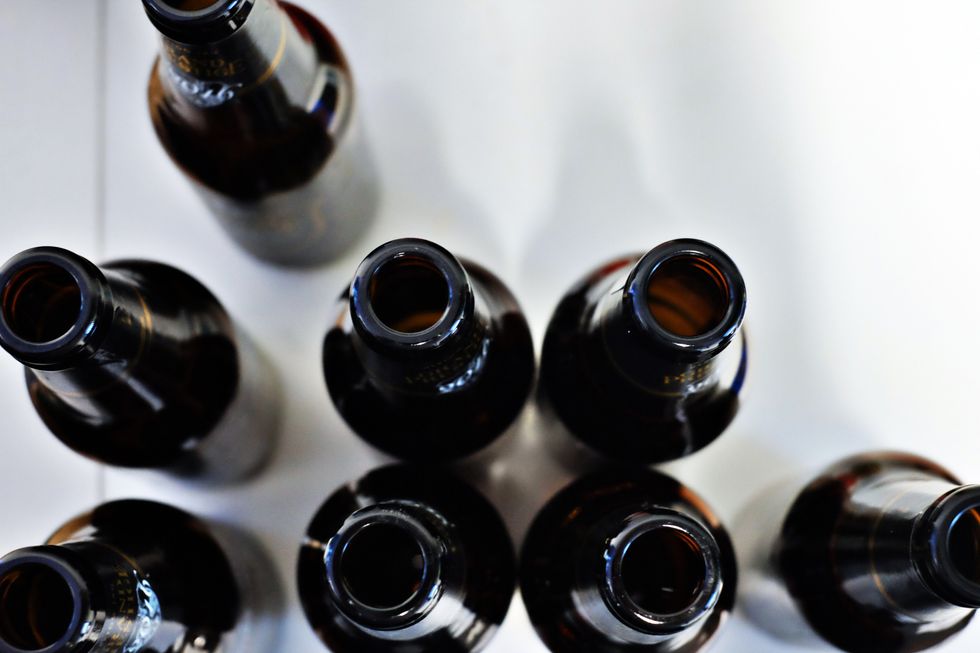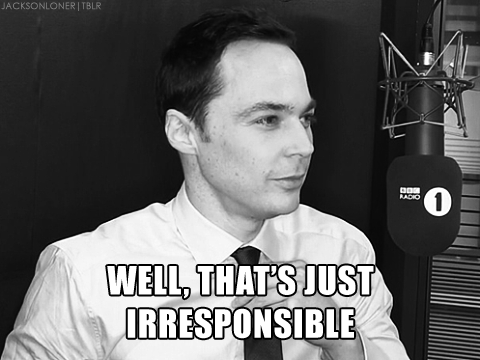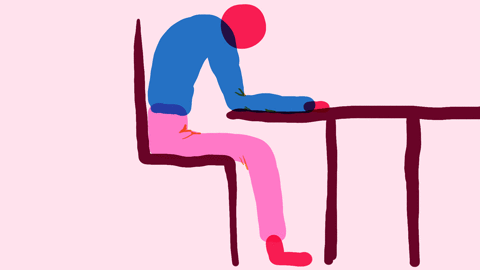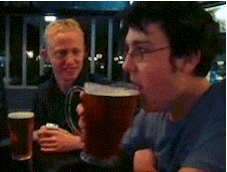When you're in college, it's relatively normal to binge drink on weekends and to go out to parties and clubs all the time. But how can you tell the difference between normal, wild college partying and a serious alcohol problem?
Outside of the college atmosphere, it's not quite as normal to go binge drinking all the time. Trust me; as a recent college graduate, things definitely calmed down a bit regarding partying on a regular basis. This means outside of college, it's easier to tell if someone you love is suffering from alcoholism.
But in the college world, there's an extremely thin line between normal college partying and alcoholism, and it's important you can tell the difference. You may not realize it, but one or more of your friends may be suffering from alcoholism in order to cover up some larger issues.
Here are 5 signs of alcoholism that you should watch out for, and what you can do to help someone with a drinking problem.
1. Lying About Their Drinking Habits
Drinking in college is normal, and people have pretty excessive drinking habits that are accepted as normal. So if your friend starts lying to you about being drunk, or how often they are drinking, that's a red flag. There's no reason for someone who isn't an alcoholic to lie about drinking. If your friend is lying about being drunk, they are probably ashamed of how often they drink, and don't want their closest friends to know about their problem.
2. Neglecting Responsibilities
If you notice your friend start to choose drinking every night over doing their homework, going to work, or cleaning their living space, they may have a drinking problem. Now, your friend may have been irresponsible to begin with, which means them neglecting responsibilities is normal behavior for them. But if they used to be responsible and are now suddenly choosing drinking over everything else, they may have an alcohol problem.
3. Depression
Alcohol is a depressant, and consuming it in large amounts can lead to serious depression. Now, many people who are depressed may also drink alcohol without necessarily being an alcoholic. But if you have seen a correlation between your friend's drinking habits and more prevalent depression, they may be an alcoholic. This is a dangerous cycle, because people who are depressed will drink more to numb their emotions, which only leads to lower lows when they're sober.
4. Breaking the Law
Everyone knows that when people are drunk, they tend to make poor decisions. But if someone is an alcoholic, they may start breaking the law on a regular basis because they are so regularly disconnected from sobriety. If your friend starts drunk driving, becoming violent, or gets involved in any other criminal activity, their alcohol consumption has probably become a problem.
5. Increase in Tolerance
One of the most obvious ways to tell if your friend is drinking too much is if their alcohol tolerance shoots way up, meaning they have to drink a lot more than everyone else to have the same effects. The more alcohol you drink, the more it takes for you to get drunk. If you notice your friend drinking excessively without getting drunk, they may be an alcoholic.
How Can You Help?
If your friend shows signs of alcoholism, you need to approach them carefully. There is a good chance they will become defensive and deny that they have a problem. It's essential that you are respectful and calm when you speak to them, and always make sure you let them know you care about them and want to help.
You can help your friend by talking to them about any issues they may be having that has led them to abuse alcohol. Make sure you tell them about any counseling services your college may have, or give them a resource for finding a rehab center for alcoholics. Your friend may not be receptive to this help at first, but there will come a time when they will confront their alcoholism and will be happy to know that you're there for them.




















